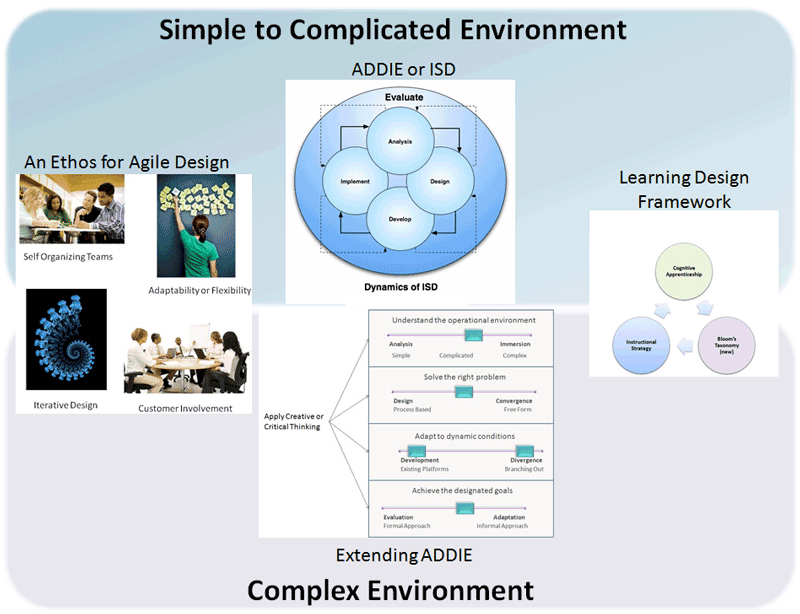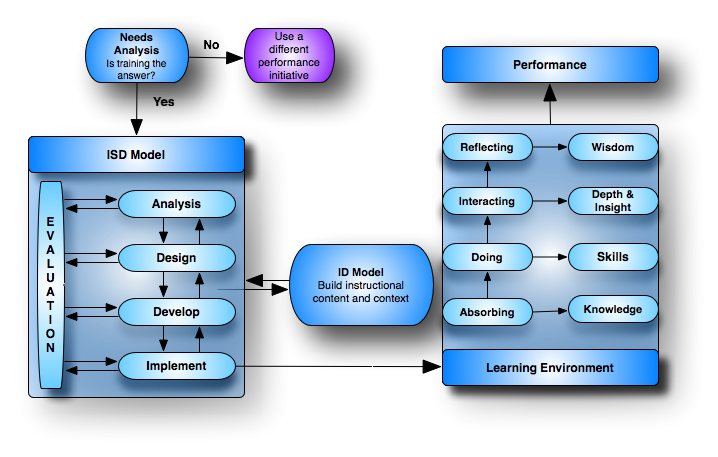Note: This site is moving to KnowledgeJump.com. Please reset your bookmark.
VAK Learning Styles Survey
Note: Please read the Introduction as it brings up some important points about learning styles. To learn more about VAK please read, Visual, Auditory, and Kinesthetic (VAK) learning styles.
This survey is designed to help you gain an understanding of learning styles so that you can incorporate the various learning styles in your daily learning activities. It is NOT meant to show you your best way of learning as the research does not promote it. Rather, it is a tool for learning-to-learn (metalearning) that increases self-awareness about your strengths and weaknesses. This will help you will to try the various styles of learning so that you may choose the best one for the situation, rather than sticking with your preferred methods.
For a learning style survey based on the two continuums of Processing and Perception, see the Learning Style Survey.
VAK Survey
Read each statement carefully. To the left of each statement, write the number that best describes how each statement applies to you by using the following guide:
| 1 | 2 | 3 | 4 | 5 |
Almost Never Applies |
Applies Once in a While |
Sometimes Applies |
Often Applies |
Almost Always Applies |
Answer honestly as there are no correct or incorrect answers. It is best if you do not think about each question too long, as this could lead you to the wrong conclusion.
Once you have completed all 36 statements (12 statements in three sections), total your score in the spaces provided below.
Section One - Visual
_____ 1. I take written notes and/or draw mind maps.
_____ 2. When talking to someone else I have a difficult time understanding those who do not maintain good eye contact with me.
_____ 3. I make lists and notes because I remember things better if I write them down.
_____ 4. When reading a novel, I pay a lot of attention to passages that help me to picture the clothing, description, scenery, setting, etc.
_____ 5. I need to write down directions so that I can remember them.
_____ 6. I need to see the person I am taking to in order in order to keep my attention focused on the subject.
_____ 7. When meeting a person for the first time, I notice the style of dress, visual characteristics, and neatness first.
_____ 8. When I am at a party, one of the things I love to do is stand back and observe the people.
_____ 9. When recalling information I can see it in my mind and remember where I saw it.
_____ 10. If I had to explain a new procedure or technique, I would prefer to write it out.
_____ 11. In my free time I am most likely to watch television or read.
_____ 12. If my boss has a message for me, I am most comfortable when she sends a memo.
Total For Visual _______ (note: the minimum is 12 and maximum is 60)
Section Two - Auditory
_____ 1. I read out loud or move my lips to hear the words in my head.
_____ 2. When talking to someone, I have a difficult time understanding those who do not talk or respond with me.
_____ 3. I do not take a lot of notes, but I still remember what was said. Taking notes often distracts me from the speaker.
_____ 4. When reading a novel, I pay a lot of attention to passages involving conversations, talking, speaking, dialogues, etc.
_____ 5. I like to talk to myself when solving a problem or writing.
_____ 6. I can understand what a speaker says, even if I am not focused on the speaker.
_____ 7. I remember things easier by repeating them over and over.
_____ 8. When I am at a party, one of the things I love to do is talk in-depth about a subject that is important to me with a good conversationalist.
_____ 9. I would rather receive information from the radio, rather than read a newspaper.
_____ 10. If I had to explain a new procedure or technique, I would prefer talking about it.
_____ 11. With my free time I am most likely to listen to music.
_____ 12. If my boss has a message for me, I am most comfortable when he or she calls me on the phone.
Total For Auditory _______ (note: the minimum is 12 and maximum is 60)
Section Three - Kinesthetic
_____ 1. I am not good at reading or listening to directions. I would rather just start working on the task or project at hand.
_____ 2. When talking to someone, I have a difficult time understanding those who do not show any kind of emotional or physical support.
_____ 3. I take notes, doodle, and/or make mind-maps, but I rarely go back and look at them.
_____ 4. When reading a novel, I pay a lot of attention to passages revealing feelings, moods, action, drama, etc.
_____ 5. When I am reading, I move my lips.
_____ 6. I often exchange words, such as places or things, and use my hands a lot when I can't remember the right thing to say.
_____ 7. My desk appears disorganized.
_____ 8. When I am at a party, one of the things I love to do is enjoy the activities such as dancing, games, and totally losing myself in the action.
_____ 9. I like to move around. I feel trapped when seated at a meeting or a desk.
_____ 10. If I had to explain a new procedure or technique, I would prefer actually demonstrating it.
_____ 11. With my free time I am most likely to exercise.
_____ 12. If my boss has a message for me, I am most comfortable when she talks to me in person.
Total For Kinesthetic _______ (note: the minimum is 12 and maximum is 60)
SCORING PROCEDURES
Total each section and place the sum in the blocks below:
| VISUAL | AUDITORY | KINESTHETIC |
number of points: ________ |
number of points: ________ |
number of points: ________ |
While you prefer to learn by using the method with the highest score, you will normally learn best by using all three styles, rather than just your preferred learning style.
Reliability and Validity
This survey was designed as a learning tool for use in training programs, such as leadership development and learning-to-learn (metalearning), rather than a research tool, thus it has not been formally checked for reliability or validity. However, in order to be of any use to the learners, it has to be fairly accurate.



